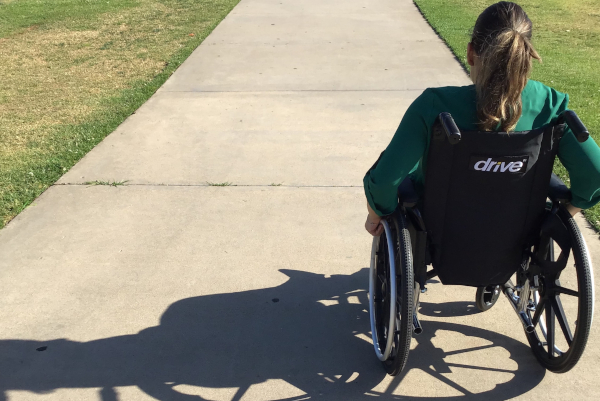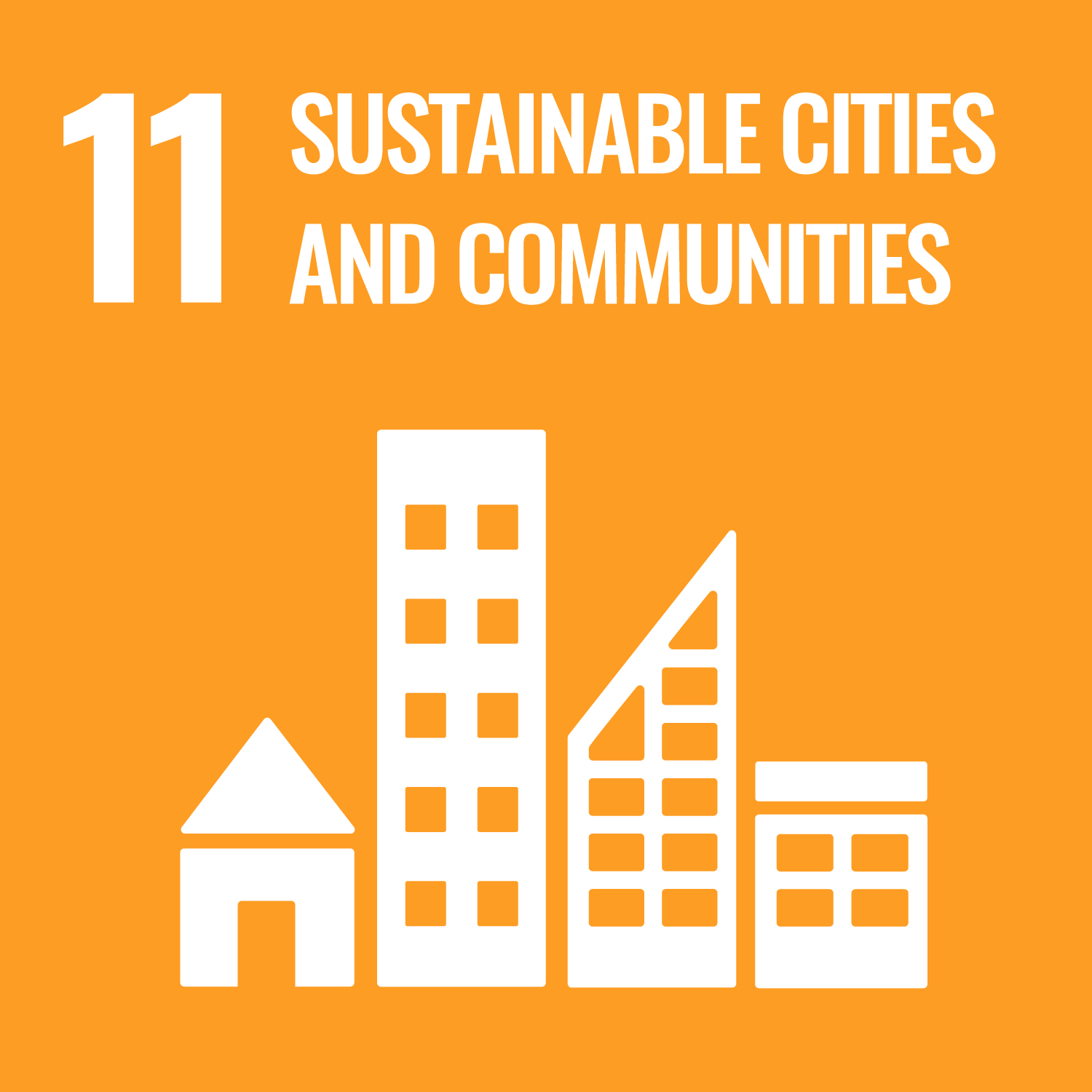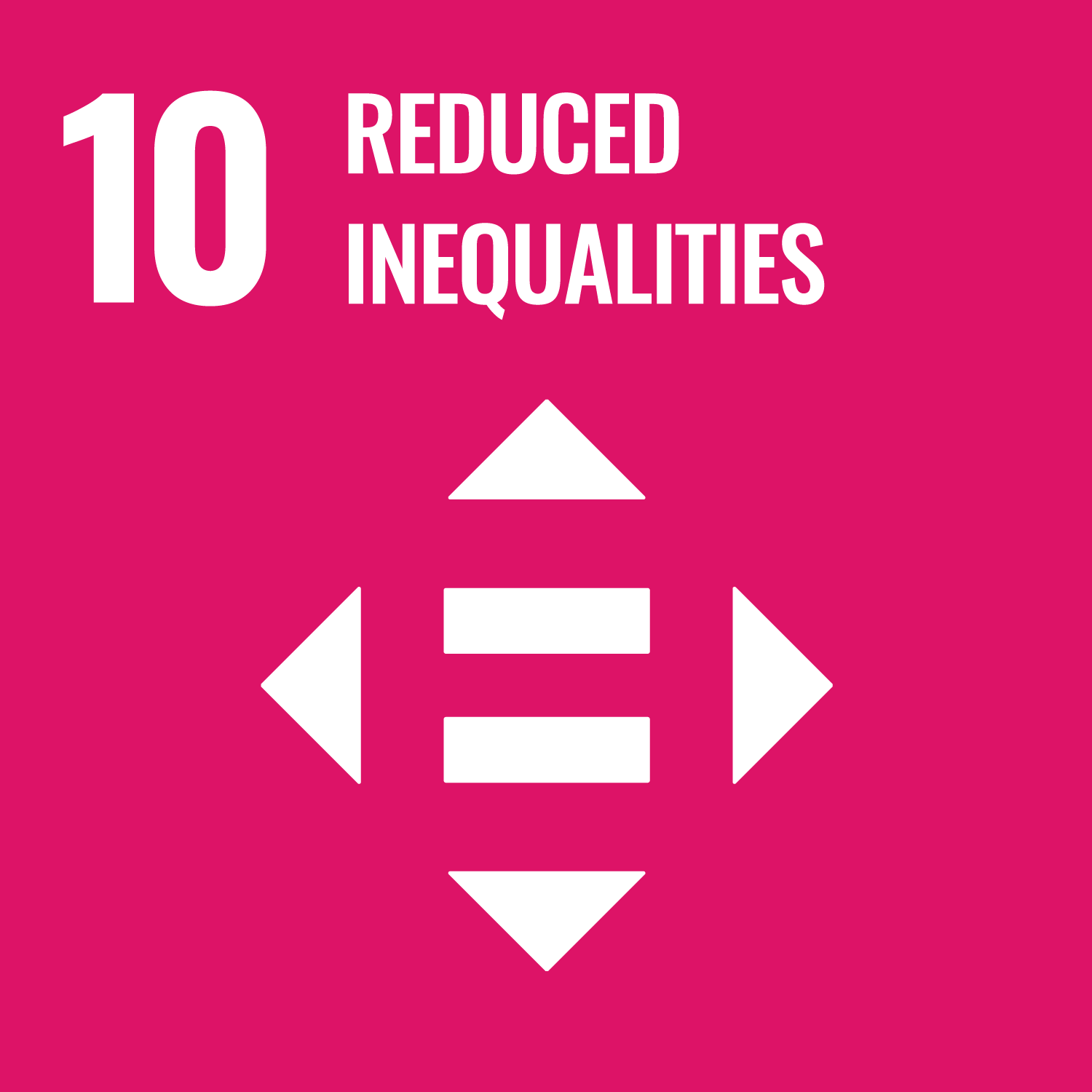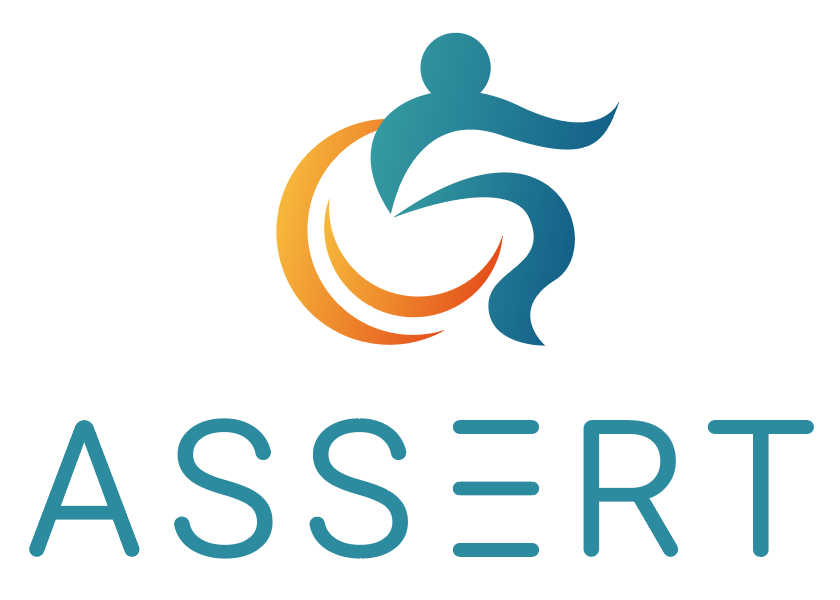The project aims to strengthen households with disabled people economically, socially, and environmentally, and contribute to achieving national climate targets defined in the NECP. Energy poverty is affecting the social well-being of these families, producing an energy inequality that affects their living conditions. The transition to a climate-neutral economy must happen in a fair way, eliminating social exclusion. One of the main objectives of the project is to empower the social integration of vulnerable consumers and support a just energy transition.
To achieve these goals, the project subsidises the implementation of small-scale energy renovations, such as thermal insulation, in 300 energy-poor and disabled households. Thermal energy retrofits can significantly impact the amelioration of energy poverty and combined with small RES installations, can dramatically reduce household energy consumption over the long-term. Further to the well-established solutions, tailored interventions are identified (e.g., energy-efficient equipment and appliances such as air conditioning, efficient assistive technologies for disabled people).
For this purpose, a task force with relevant stakeholders was created to identify the needs of the target group and effectively mitigate energy poverty. In addition to financial support, personalised counselling services for social and energy guidance are offered to actively alleviate the incidence of energy poverty in households with disabilities.
The project develops the following activities:
- Installation of roof thermal insulation
- Replacement of lighting
- Replacement or upgrading of specialised equipment
- Replacement of AC split units
- Shadings
- Energy-efficient household equipment – washing machine or/and fridge
- Subsidy percentage funding: 80% With a budget of 1.5 million euros the project aims to achieve energy savings of at least 35% on final energy consumption (Baseline: 3900 MWh, Goal: 2535 MWh, Reduction for all 300 households: 1365MWh or 1193 tonnes CO2).
The initiative is a good example of an action with tailored activities and measures that target households that are concurrently disabled and energy poor. Disabled households have specific energy needs that must be taken into consideration when developing such measures, and as such, the creation and implementation of an appropriate financial support mechanism is crucial for ensuring the long-term, sustainable and active alleviation of energy poverty in this group.
Challenges that can be faced while implementing such a project relate to delays in scheme preparation/announcement and inadequate interest in participation. In this initiative, the amount available for each household could have been higher to allow the implementation of additional actions. However, similar schemes will be initiated offering synergies and more investment actions to vulnerable households.
Main beneficiaries: vulnerable population (disabled people).
-

-
 Countries impacted:
Countries impacted:
Cyprus -
 Geographical scale:
Geographical scale:
National -
 Energy poverty phase:
Energy poverty phase:
Implementation -
 Intervention type:
Intervention type:
Renewable Energy IntegrationRegulationData collection -
 Professionals involved:
Professionals involved:
Member of a local/national authorityEngineerTechnician -
 Partners involved:
Partners involved:
-
 Type of funding:
Type of funding:
Resilience and Recovery Fund of the European Union and national funds -
SDGs addressed:






